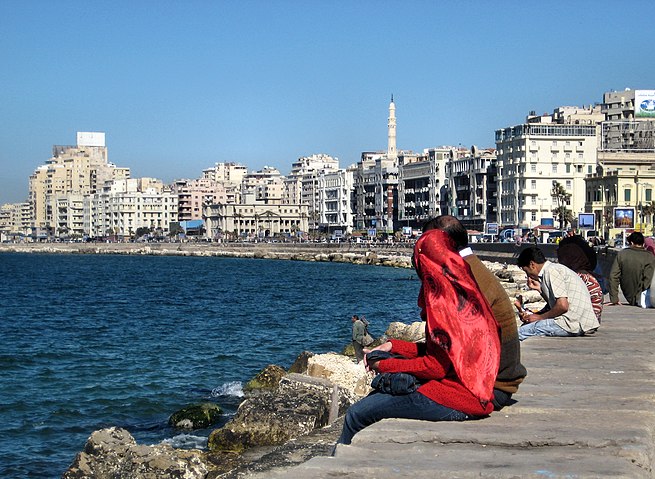
Main Difference
The main difference between City and Province is that the City is a large and permanent human settlement and Province is a territorial entity within a country or state.
-
City
A city is a large human settlement. Cities generally have extensive systems for housing, transportation, sanitation, utilities, land use, and communication. Their density facilitates interaction between people, government organizations and businesses, sometimes benefiting different parties in the process.
Historically, city-dwellers have been a small proportion of humanity overall, but following two centuries of unprecedented and rapid urbanization, roughly half of the world population now lives in cities, which has had profound consequences for global sustainability. Present-day cities usually form the core of larger metropolitan areas and urban areas—creating numerous commuters traveling towards city centers for employment, entertainment, and edification. However, in a world of intensifying globalization, all cities are in different degree also connected globally beyond these regions.
The most populated city proper is Shanghai while the largest metropolitan areas also include the Greater Tokyo Area and Jabodetabek (Jakarta). The cities of Faiyum, Damascus, and Varanasi are among those laying claim to longest continual inhabitation.
-
Province
A province is almost always an administrative division, within a country or state. The term derives from the ancient Roman provincia, which was the major territorial and administrative unit of the Roman Empire’s territorial possessions outside Italy. The term province has since been adopted by many countries, and in those with no actual provinces, it has come to mean “outside the capital city”. While some provinces were produced artificially by colonial powers, others were formed around local groups with their own ethnic identities. Many have their own powers independent of federal authority, especially in Canada. In other countries, like China, provinces are the creation of central government, with very little autonomy.
-
City (noun)
A large settlement, bigger than a town.
“São Paulo is one of the largest cities in South America.”
-
City (noun)
A settlement granted special status by royal charter or letters patent; traditionally, a settlement with a cathedral regardless of size.
-
City (noun)
The central business district; downtown.
“I’m going into the city today to do some shopping.”
-
Province (noun)
A region of the earth or of a continent; a district or country. from 14th c.
-
Province (noun)
An administrative subdivision of certain countries, including Canada and China. from 14th c.
-
Province (noun)
An area outside Italy which is administered by a Roman governor. from 14th c.
-
Province (noun)
An area under the jurisdiction of an archbishop, typically comprising a number of adjacent dioceses. from 14th c.
-
Province (noun)
The parts of a country outside its capital city. from 17th c.
-
Province (noun)
An area of activity, responsibility or knowledge; the proper concern of a particular person or concept. from 17th c.
-
City (noun)
a large town
“one of Italy’s most beautiful cities”
“the city council”
-
City (noun)
a town created a city by charter and usually containing a cathedral.
-
City (noun)
a municipal centre incorporated by the state or province.
-
City (noun)
a place or situation characterized by a specified attribute
“the staff were in turmoil—it was panic city”
-
City (noun)
short for City of London
-
City (noun)
the financial and commercial institutions located in the City of London
“the Budget got a stony reception from the City”
“a City analyst”
-
Province (noun)
a principal administrative division of a country or empire
“Chengdu, capital of Sichuan province”
-
Province (noun)
Northern Ireland
“all-party talks on the future of the Province”
-
Province (noun)
a district under an archbishop or a metropolitan.
-
Province (noun)
a territory outside Italy under a Roman governor.
-
Province (noun)
the whole of a country outside the capital, especially when regarded as lacking in sophistication or culture
“I made my way home to the dreary provinces by train”
-
Province (noun)
an area of special knowledge, interest, or responsibility
“she knew little about wine—that had been her father’s province”
